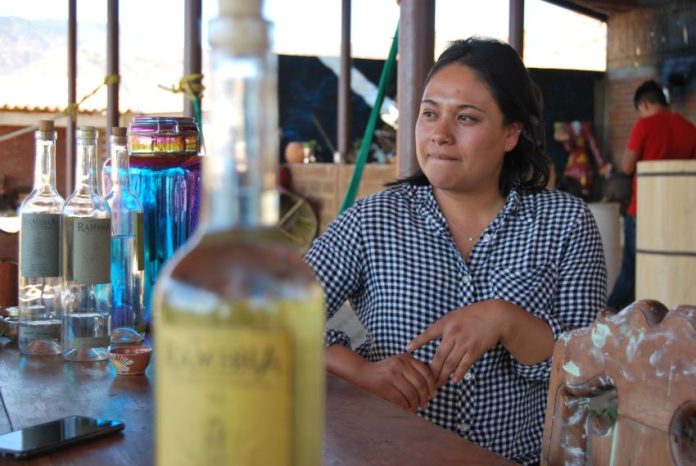Most of us will think back on this year of pandemic and think only of the negatives, but the truth is there are also lots of positives if you know where to look. The struggles of the Covid outbreak have provided opportunities — of time, of space, of necessity — and many projects have been birthed over the last 13 months.
Here are five of my favorite pandemic projects created in the last year in Mexico and the people whose passions started them in this year of uncertainty.
Barrote
A 23-year-old soon-to-be-architect, Raúl Gomez Iturribarria, decided to make furniture during the pandemic.
Before all this started, he was just an architecture student at the National Autonomous University, but one who grew up with an engineer for a father and a love of making things. When his sisters — one of whom is a partner at Mujeres Incendiarias, another place where you can see his work — moved into a huge new house during the pandemic, they didn’t have much of a budget to furnish it, so he offered to make them some things: a kitchen table, a few bookshelves.
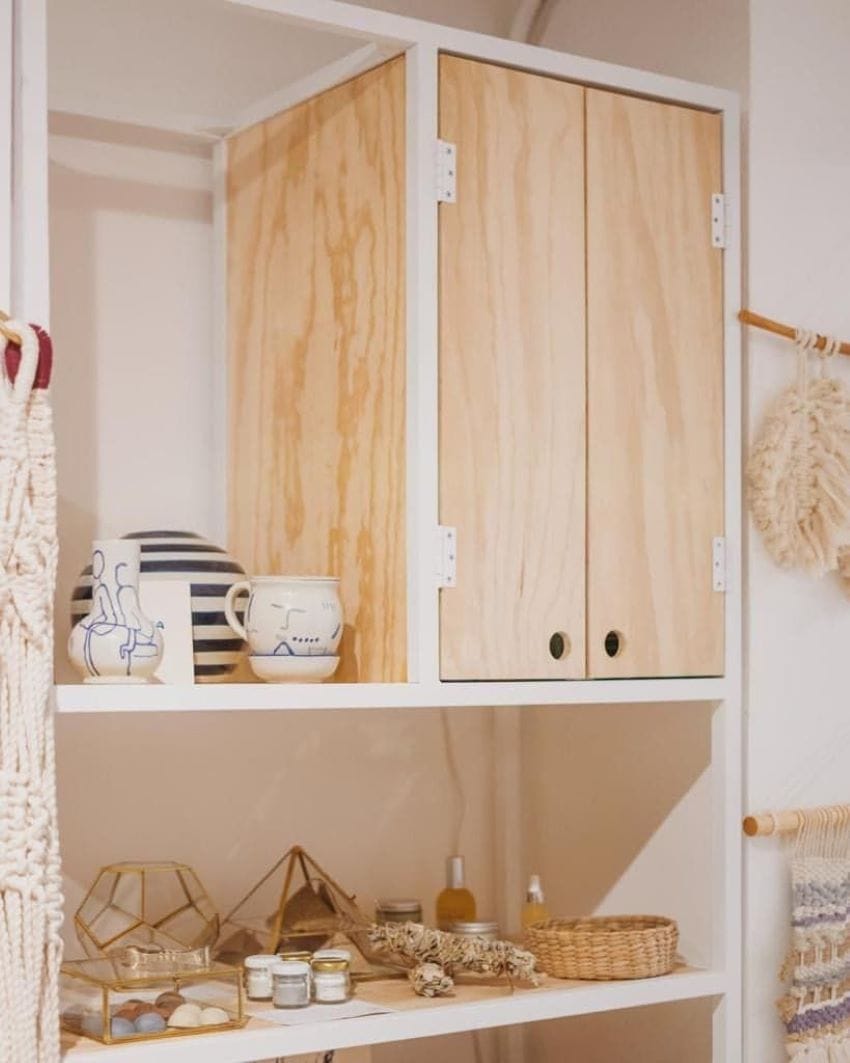
Gómez’s photographer girlfriend convinced him to put pictures of the furniture he made on Instagram and @barrote.mx was born.
“I was sure it was just going to be a couple of my sisters’ friends ordering, maybe a couple of mine, and that would be it,” he said. “But then people started getting in touch with me that I didn’t even know,” he explained. “Then those people’s neighbors.”
Not only did the pandemic give him time to daydream about carpentry, it gave other people time to look around and hate their old furniture, it turns out.
The Barrote style is simple — naked. Raúl uses natural wood, plain metal framing, and screws in the joints you can see. It’s rustic and very urban at the same time.
“The idea is that the pieces are well-done, pretty, but don’t hide anything. You see all the details,” he said.
Despite his success, the future of Barrote after the pandemic is still up in the air. But for as long as it lasts, Gómez is enjoying working from his home office.
“I literally just have to put on pants and go up to the roof to work. I don’t have to drive anywhere or do anything else. And my parents don’t seem to mind that the house is full of wood.”
Interstellar Brewery
Ever ask yourself, if Mexico City was a beer, what would it taste like?
Yeni and Glen from Interstellar Brewery sort of know now. Their Wild Saison beer is made from yeast collected from flowers and plants in gardens all throughout the capital.
“We did dozens of experiments and some of them were just a disaster and just absolutely nasty. Other ones showed some signs of hope. In the end, it was a blend of the ones that were the best flavors for the kind of style we wanted,” Glen said.
While the Saison makes no promises to cure local allergies, the same quirky scientific approach to its creation is what runs through everything Interstellar does — from the Fibonacci sequence-numbered Nebula series to limit-pushing style experiments such as a grapefruit IPA and a vanilla-infused 13% alcohol stout.
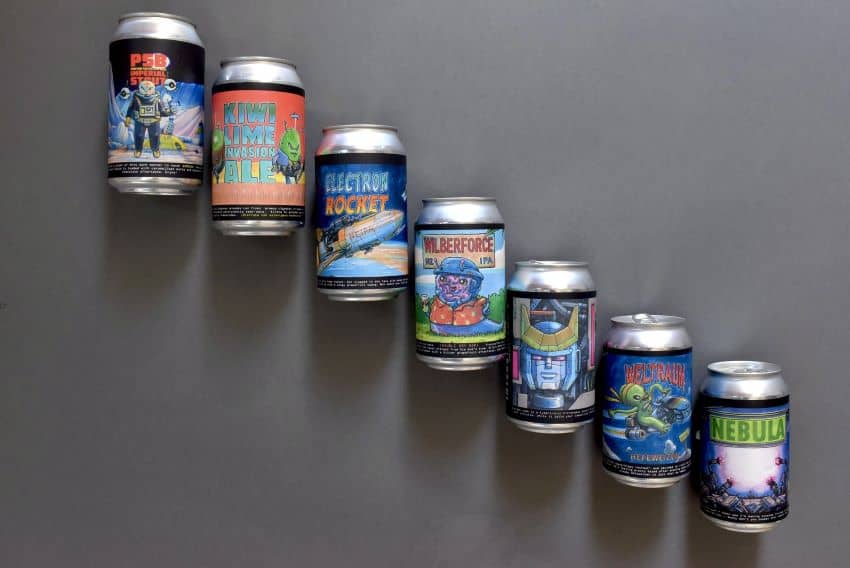
“We want to take you into an imaginary world,” Glen said. “We’re both into sci-fi and retro stuff, and we wanted something where we could connect with our creativity.”
While starting a brewery in the middle of a pandemic isn’t for everyone, the Interstellar tanks and equipment arrived in January 2020 after several years of planning had already passed. So when the world shut down, Glen and Yeni just decided to go ahead with their plans, pandemic be damned.
Certain aspects of the business were made more complicated — like getting together with other brewers to mull over collaborations — and others worked in their favor. They echo what many have said about the pandemic — it gave them the time and space to focus on something they love.
This brewery rocks not only because it has beers named Energon Cube — a reference to the children’s television cartoon, The Transformers — but also because you can go online and buy three beers or 30 and have them delivered … for free. Their small but consistent production also means that beers are always fresh, but you’ll have to grab them before the photon satellite bus leaves the station.
Mananá World Deli
“We decided from the beginning that it was going to have a heavy New York-style Jewish deli bent but not exclusively,” said Nick Gilman about his pandemic project with business partner Sebastian Manterola, the Mananá World Deli.
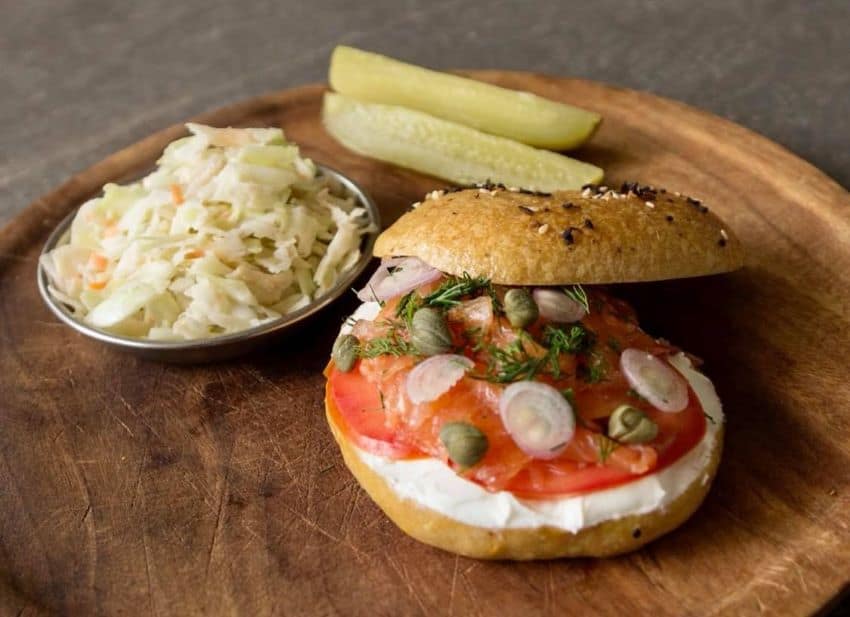
The pair had a pop-up food business in prepandemic times. After a few months of quarantine, they decided they needed to get back to cooking even if they couldn’t gather 30 people in a room at the same time anymore.
So they went dark kitchen and started an online deli. According to Gilman, almost every single ingredient on the menu is made by hand — the pastrami, the bacon, the bread, even the peanut butter and mayo. Beyond the traditional New York deli-style sandwiches, they offer items like a Cajun chicken sandwich, an Italian meatball sub and even a Bombay India sandwich.
“We’re trying to do authentic, traditional recipes without messing with them too much,” Gilman said. They are also committed to sustainability — using recyclable packing materials and local and organic produce when they can.
The Mananá World Deli is already getting accolades from Food and Travel magazine and other international media, but the proof is truly in the pudding (or in this case, the potato salad) and it’s there. By far the best pastrami sandwich I’ve had in years, their fare is a comfort-food lifesaver in these uncertain times.
Mezcal Rambhá
When Rosario Ángeles opened her distillery, Mezcal Rambhá, last April she faced more than just the pandemic. She was also up against her family and her entire community, everyone rooting for her to fail.
In a town of mezcal makers in Oaxaca, Ángeles’ family was made up of tomato farmers. Since mezcal is a family business in Oaxaca, when this young entrepreneur decided she was passionate about making the liquor and dreamed of opening a distillery, people said she was crazy.
“I don’t know how it is now, but if you were to ask then about me in town, they would say, ‘Why are you going out there? It’s not any good. She doesn’t even know what she’s doing,’” she said.
Even her family told her it was stupid to try and make mezcal on her own — with no background knowledge, all alone and a woman to boot. But the truth was, she was a strong and determined young woman who was even willing to be ostracized to see her dream come true.
Ángeles’ family finally started to come around as the buildings went up for the Rambhá distillery and she started her first distillations: high-proof mezcals that reflect the complexity of the local maguey.
“They figured it was better to be with me and help me than be against me, I guess,” she said.
That first distillation in April was right when the pandemic started to get scary around the world.
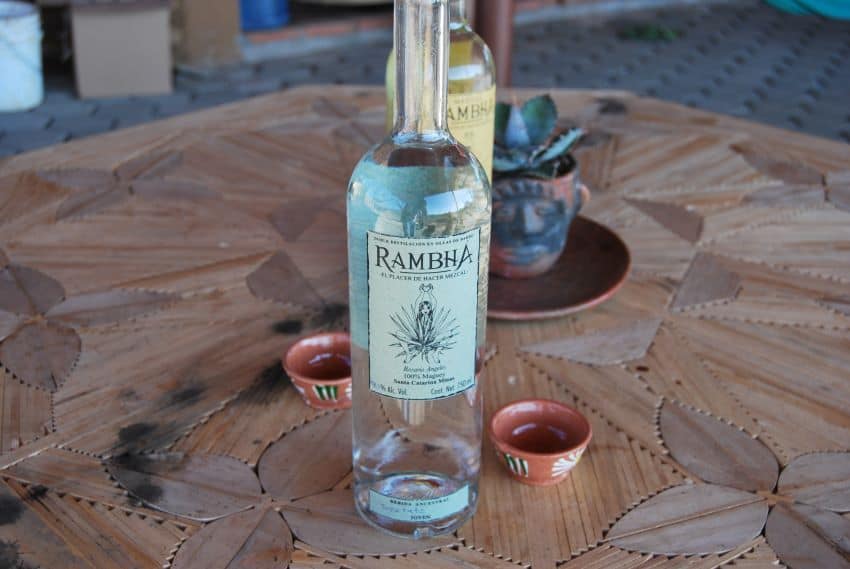
“At that point, we still weren’t exactly sure how big of a problem this would be for us,” Ángeles said. “I just started and was like, ‘OK, whatever happens happens.’”
Now Ángeles is days away from being certified to sell commercially and has started hosting tours of the property for the newfound fans of Rambhá mezcal. She survived her community’s judgment, is surviving the pandemic and is making one hell of a mezcal.
Bep Vietnam
Patricia Rosenthal is the result of successive immigrations around the world: born to a Vietnamese mother who fled the country in the 1950s, Rosenthal was raised in France and spent lots of time in the kitchen with her maternal grandmother, who spoke little French but conversed deeply through the medium of food.
Landing in Mexico as an adult, prepandemic Rosenthal and her husband were hosting culinary events with their business Limbico Lab — offering classes, tastings, cooking courses and catering for events. Their menu was a mix of styles and cuisines, with a special focus on traditional mezcal, a passion they both shared.
“I had cooked Vietnamese for a few friends and a couple times with Limbico, and people always really liked it,” she says, “When our events got canceled in March and my Airbnb income dried up, I thought, ‘Well, what am I going to do now?’”
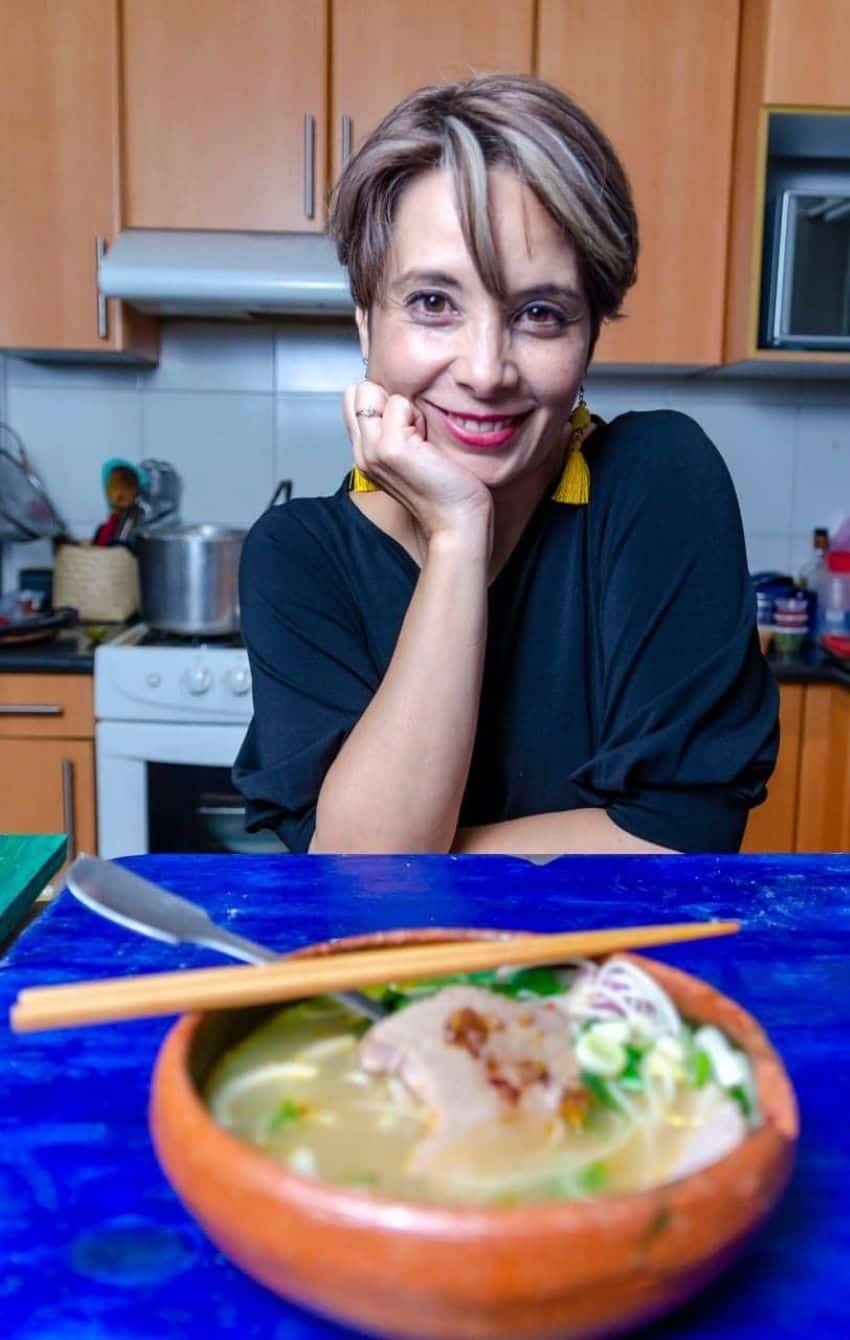
So she decided to get back into the kitchen, this time to reconnect with her roots and channel her grandmother, Mamie Paris. She started out making nems (a kind of Vietnamese egg roll), her most beloved recipe because it’s what her mother used to make for parties when she was young. From that simple dish grew Bep Vietnam, a food delivery and pick-up service with a limited but authentic menu of Vietnamese Pho soup, bahn mi sandwiches, and bo kho in addition to the famous nems.
“For me this is very intimate, very personal,” says Patricia, “to share this part of my history with other Mexicans. Food reveals so much about your roots.”
Lydia Carey is a regular contributor to Mexico News Daily.
